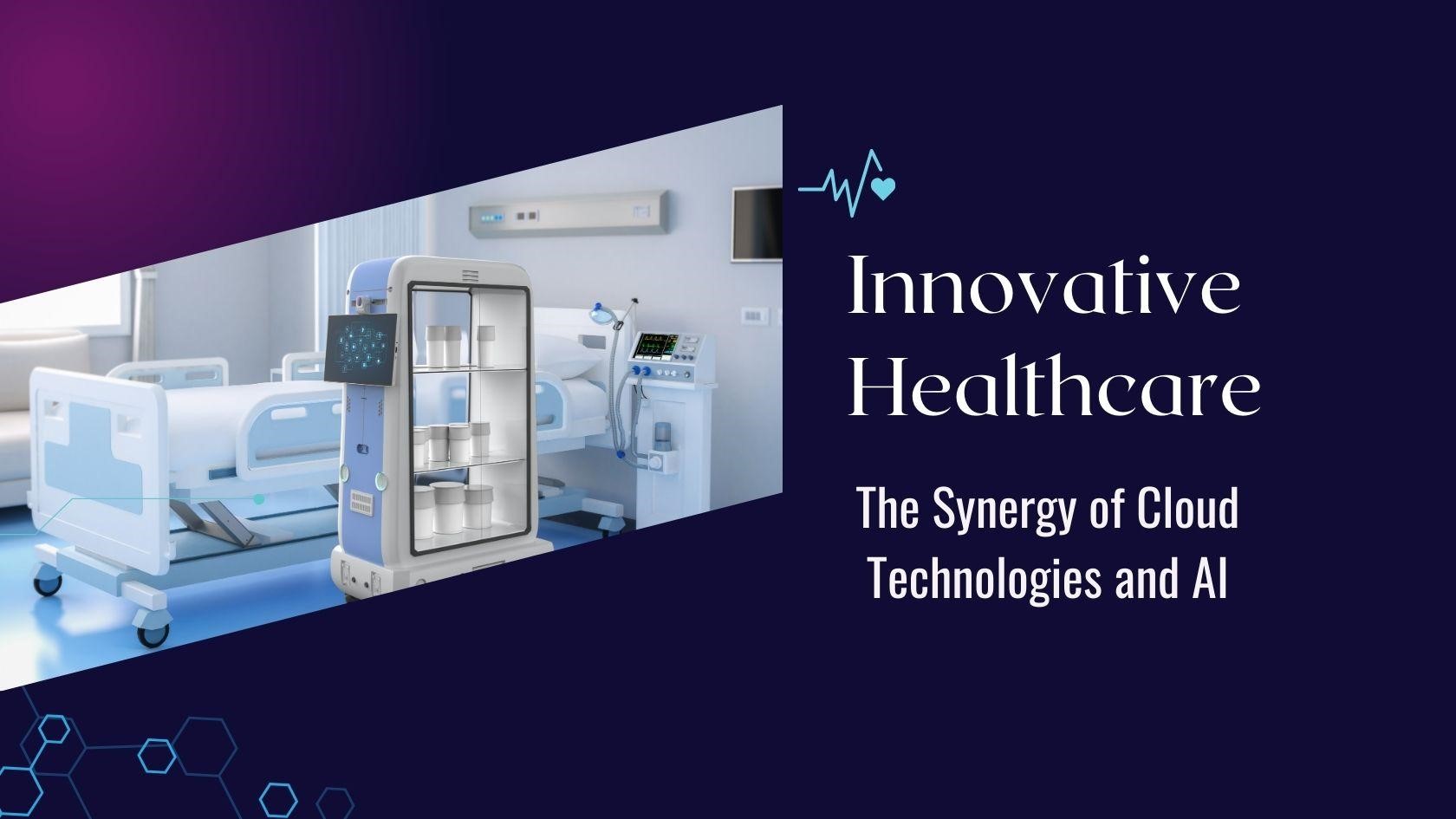Innovative Healthcare: The Synergy of Cloud Technologies and AI
In the advancing digital world, the healthcare industry is experiencing a revolution, driven by the powerful combination of cloud technologies and artificial intelligence (AI). These advancements are not only enhancing patient care but also improving operational efficiency across healthcare systems. Srikanth Padakanti, in collaboration with Phanindra Kalva, explores these innovations in healthcare, providing deep insights into the transformative power of these technologies.
Cloud Technologies: Transforming Data Management
Cloud computing is transforming healthcare by revolutionizing how patient data is stored, managed, and accessed. Cloud platforms offer virtually unlimited storage, allowing secure management of medical records, diagnostic images, and research data without the limitations of traditional systems. This ensures real-time access to critical information, reducing the need for physical storage. Furthermore, cloud technology enhances collaboration among healthcare professionals by enabling data access from any location, facilitating better coordination between departments and specialists. This capability is particularly important in complex medical cases, where quick access to information can improve patient outcomes. Cloud-based systems also support remote consultations and telemedicine, boosting the overall efficiency and effectiveness of healthcare services.
The Role of AI in Predictive Healthcare
AI’s role in healthcare goes beyond task automation, with its most significant impact seen in predictive analytics. AI systems can analyze vast datasets, including patient records, genetic information, and lifestyle factors, to identify patterns that predict future health issues. This enables healthcare providers to make more informed decisions and create personalized treatment plans tailored to individual needs. AI is also transforming medical diagnostics, where its accuracy often surpasses human expertise. For example, AI is used in imaging diagnostics, detecting early signs of cancer and interpreting complex radiological images more quickly. These tools not only enhance the speed of analysis but also improve diagnostic accuracy, leading to better patient outcomes.
Cloud-Based EHR Systems: A New Era in Record-Keeping
Cloud technologies have significantly enhanced Electronic Health Records (EHR) systems, moving beyond traditional data silos and accessibility limitations. Cloud-based EHR solutions enable seamless data sharing across healthcare networks, offering improved security, automatic updates, and the ability to access patient records from multiple locations. A key advantage is interoperability, as standardized data formats allow information exchange between healthcare organizations. This reduces duplicated tests and ensures better continuity of care. For healthcare providers, this means quicker access to comprehensive patient histories, supporting more informed and timely clinical decisions.
Synergizing AI and Cloud: The Future of Telemedicine
The integration of AI and cloud technologies is revolutionizing telemedicine. Cloud platforms provide the necessary computational power for AI algorithms to monitor patients in real-time, analyze symptoms, assist in virtual consultations, and translate languages instantly. These innovations have greatly enhanced access to healthcare, particularly during global crises like the COVID-19 pandemic. Additionally, AI-powered remote monitoring systems track vital signs, detecting anomalies early and alerting healthcare providers for timely interventions. This proactive approach improves patient outcomes, reduces hospital readmissions, and eases the strain on healthcare systems by enabling more efficient remote care.
Overcoming Challenges: Privacy and Security in a Cloud-Enabled World
Despite the transformative potential of AI and cloud technologies, several challenges remain. Data privacy and security are at the forefront of these concerns, as healthcare organizations must protect sensitive patient information from breaches. Ensuring compliance with regulatory frameworks, such as HIPAA, is critical, especially as cloud systems store increasing amounts of sensitive health data. The development of advanced encryption techniques and security measures is essential to address these challenges.
Another challenge lies in the integration of these technologies with legacy systems. Many healthcare providers rely on outdated systems that are incompatible with modern cloud and AI solutions. Overcoming these technical hurdles requires investment in infrastructure and comprehensive training for healthcare professionals to fully leverage these new tools.
In the words of Srikanth Padakanti, the integration of cloud technologies and artificial intelligence in healthcare represents a paradigm shift, driving innovations that are reshaping patient care, operational efficiency, and medical research. The combination of AI’s data-driven insights and the flexibility of cloud-based platforms is already leading to improved healthcare outcomes, reduced costs, and streamlined processes. However, as we continue to advance in this digital age, addressing concerns related to data security, system integration, and ethical considerations will be critical to realizing the full potential of these technologies.

